
Transmitted by mosquitoes, dengue fever - also known as ‘breakbone” or “dandy fever” is a virus that causes the sudden onset of illness. The fever occurs in those with low immunity capabilities. Due to the fact that dengue is part of a family of four types of virus, one can catch the fever up to four times in a lifetime. Catching one type will result in future immunity to that branch of the virus. Dengue hemorrhagic fever is a more severe form of the virus that can be life-threatening. This form can also lead to the most dangerous form of the disease - dengue shock syndrome.
Occurrence and Transmission
Dengue tends to occur in tropical or subtropical areas, such as the Caribbean, Cuba, Tahiti, Singapore, India and the Middle East. The virus has become the biggest contributor to the onset of acute febrile illness in US citizens returning from trips to Asia, South America and the Caribbean. In addition to this, seventeen people are said to have acquired the disease in Key West, Florida, in 2010. The fever is spreading - statistics show an increase in dengue fever in Southeast Asia.
The fever, as mentioned earlier, is conducted by mosquitoes. A mosquito (specifically the aedes aegypti variety) begins carrying the fever upon biting an infected person. The virus is non-contagious between human beings - it cannot be transferred from one human directly to another. A mosquito must act as a carrier in order to spread the virus.
Prevention
In order to prevent the spread of the illness, the transmission must be interrupted. Essentially, this means that people must try to avoid being bitten by infected mosquitoes. Those infected with the fever must remain under mosquito netting until they are no longer contagious. To avoid being bitten when in afflicted areas, avoid wearing short sleeve shirts or shorts and use mosquito repellants containing DEET. Avoid standing water and try to avoid going outdoors at times of the day that see mosquitoes at their peak, such as two hours after sunrise and before sunset. The dengue-carrying variety of mosquito is at its peak biting-time during these hours.
Given the huge volume of mosquitoes that exists, it is more realistic to try to control or eliminate the infected ones. Mosquitoes can breed in stagnant water and thus people are advised to avoid such a build up in places like trash cans, flower pots, tires etc. Currently, there are clinical trials searching for a vaccine for dengue, but as yet such a vaccine does not exist. However, a vaccine may be on the market by 2012.


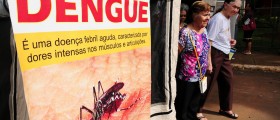
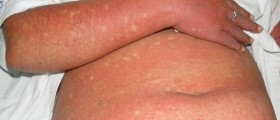
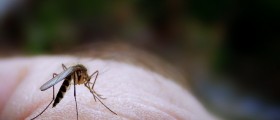
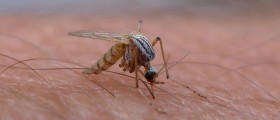
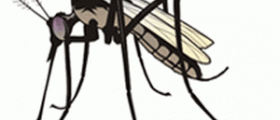

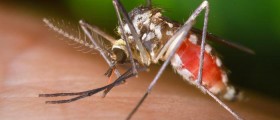


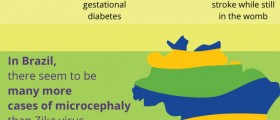
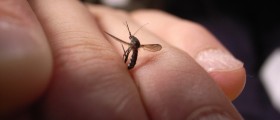




Your thoughts on this
Loading...